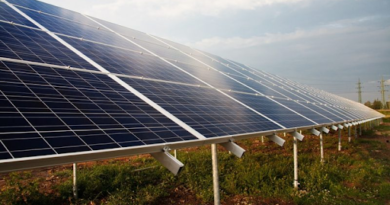How to Push Local Issues to the Top of the Presidential Agenda
The National League of Cities (NLC) created a 2024 presidential election task force to bring local issue to the forefront of presidential campaigns. This is to combat to ongoing issue of cities continously getting less attention than the seemingly larger economic, international affairs and four year plan concerns. The task force is Co-Chaired by David Sander, the mayor-elect of Rancho Cordova, California, and Mayor Sharon Weston Broome of Baton Rouge, Louisiana.
According to Governing, Governing spoke with them [the task force] about what they hope to achieve. The discussion has been edited for length and clarity.
Governing: Why and how did the National League of Cities develop this task force?
David Sander: This is something we have done every presidential election cycle. This is my third time on it. It allows us to talk about things that are important to cities and allows us to try to establish relationships with the candidates — relationships that don’t only last for the campaign, but that last into the administration, regardless of who is elected. And we hope that the next president will appoint some people with city backgrounds to deal with those issues that are most important to us.
Governing: What are the challenges that local government have usually faced when it comes to getting that seat at the federal table?
Sharon Weston Broome: We’re fortunate to have federal advocacy groups as part of the fabric of NLC. But with this task force, our priority, as you said, is to ensure that local government has a seat at the federal decision-making table. Cities, towns and villages across America will play a critical role in the 2024 presidential election. I believe that that, in and of itself, gets us a seat at the table.
Sander: More than 200 million Americans live in cities. And those are Democrats, those are Republicans, those are independents. We represent the largest slice of the population if we start dividing by some sort of regional criteria.
For the federal government, dealing with the states — because there are just 50 of them — is easy, but it doesn’t get the job done. What we’ve proven is that the direct-to-us relationships are really valuable. You saw that with pandemic funding, the way that local governments can act quickly. Also, a lot of local intelligence makes a huge difference in how the federal government is able to achieve its aims in partnering with us.



